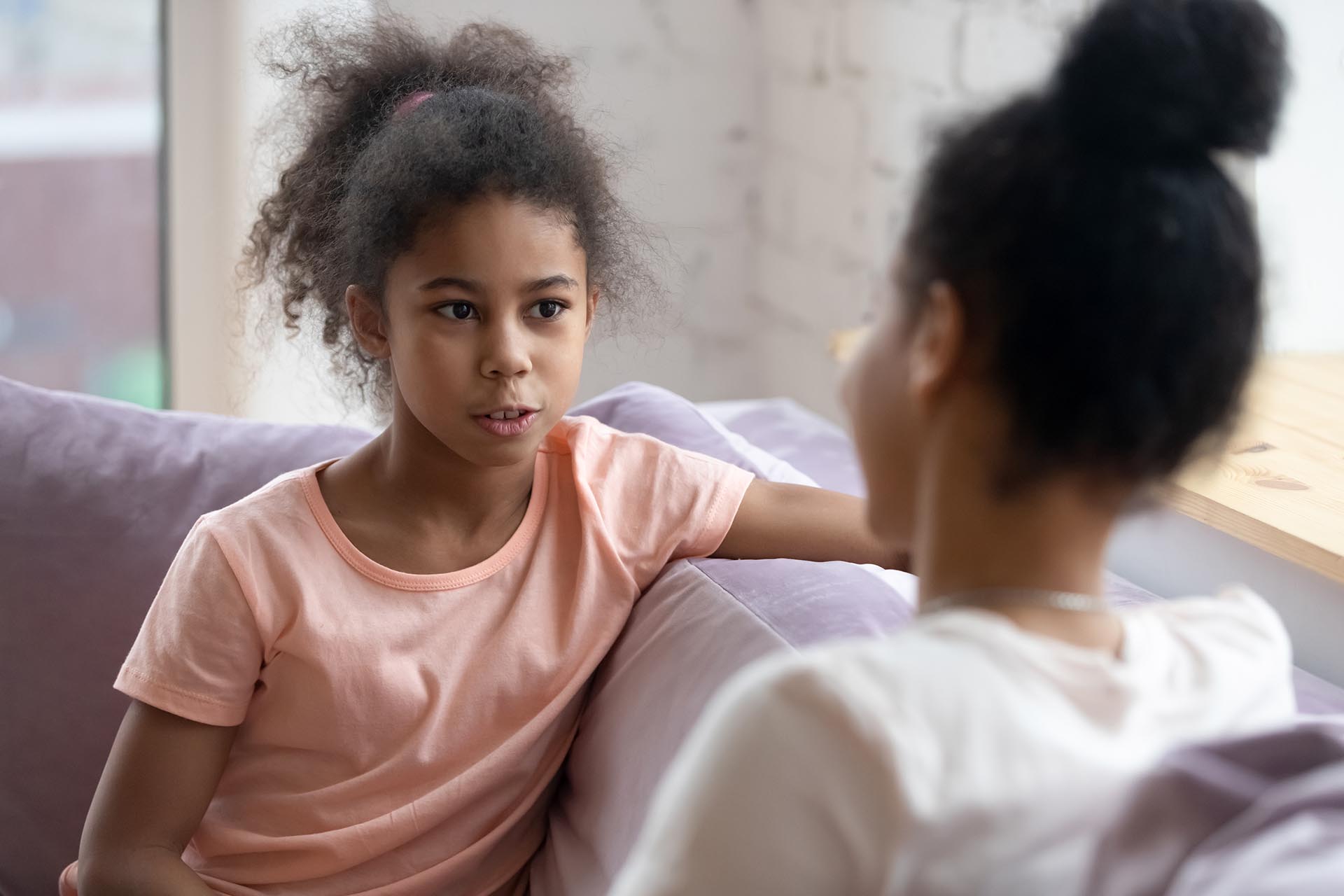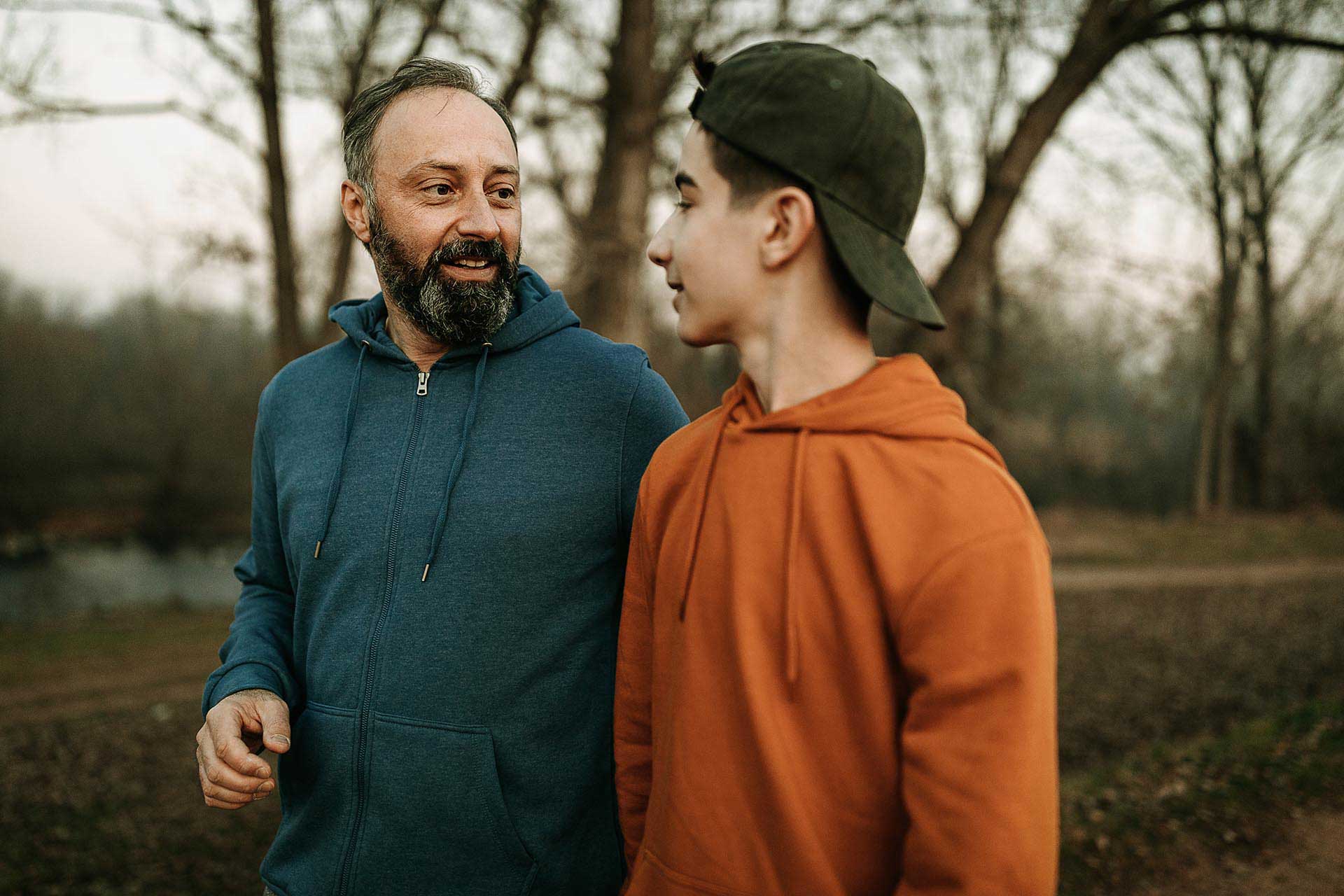First, take a deep breath. It’s normal to be shocked by finding something like this; dating apps aren’t generally made for teens and your concerns around safety are genuine. But by 17, our children are harder to control when it comes to their online habits and simply saying ‘you’re not allowed’ is unlikely to make them stop (oh, if only!). So, it’s once again time for the next best magic fixer: communication. Ask them why they’re on the app. What do they want to get out of it? Why do they feel the need to meet people online, rather than school, friends, or other outside activities? Their arguments might be fair. Some gay high schoolers use dating apps because they can’t meet other queer people through the usual channels or aren’t comfortable being ‘out’ at school. Some more shy or socially anxious young people find communicating online easier. Some teenagers live in remote areas and find it difficult to meet new people. That being said, whatever their reason, you’re right to have some fears for their safety and you should voice those concerns.
Be honest with them about your worries. Talk about the risks of meeting up with strangers (as well as how to mitigate them, such as always meeting in a very public place). Explain how predators will use these apps to try and lure young people, often by pretending to be a teenager themselves. Talk about the risks of sexting. Talk about the risks of casual hook ups in general and why you might not feel so great about them participating in that culture. Go back over talks around sex and consent. Also, ask them to share what dating app they’re on and what their age range is. Are they pretending to be older than they actually are? Most dating apps are for 18+ only, but some do have specific set ups for 13-17-year-olds, such as Bumble. If they’re on an 18+ app, see if you can compromise by getting them to delete that account and move to a more age-appropriate app.
Once they’ve explained their side of things and you’ve explained yours, see if there is a middle ground the both of you can reach that would make you feel more comfortable. This might be rules around having them show you the profile and conversations of someone before meeting up (or at least sharing what they’ve learnt about the person they are talking to), having a very public meeting time and place that you are made aware of in advance, and so on. It may be that you both decide that they’ll take a break from using the app and try and make connections with peers they know (but, remember if they are coerced into this decision they may tell you they have deleted the account but continue to use it secretly). Lastly, reiterate the importance of trusting your gut. If something doesn’t feel right, even slightly off, they should listen to that feeling and put a pause on the interaction. And if ever in doubt, they should come talk to you about it.
You might say, ‘I overheard you talking to your sister about a person you were messaging over a dating app. I’m not angry, but those apps can be dangerous for young people. I’m curious to know why you’d prefer to meet people online rather than through your peers? Can we talk about it now?’











